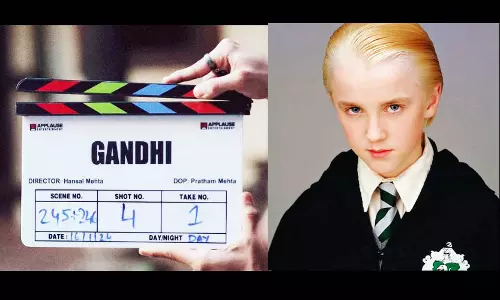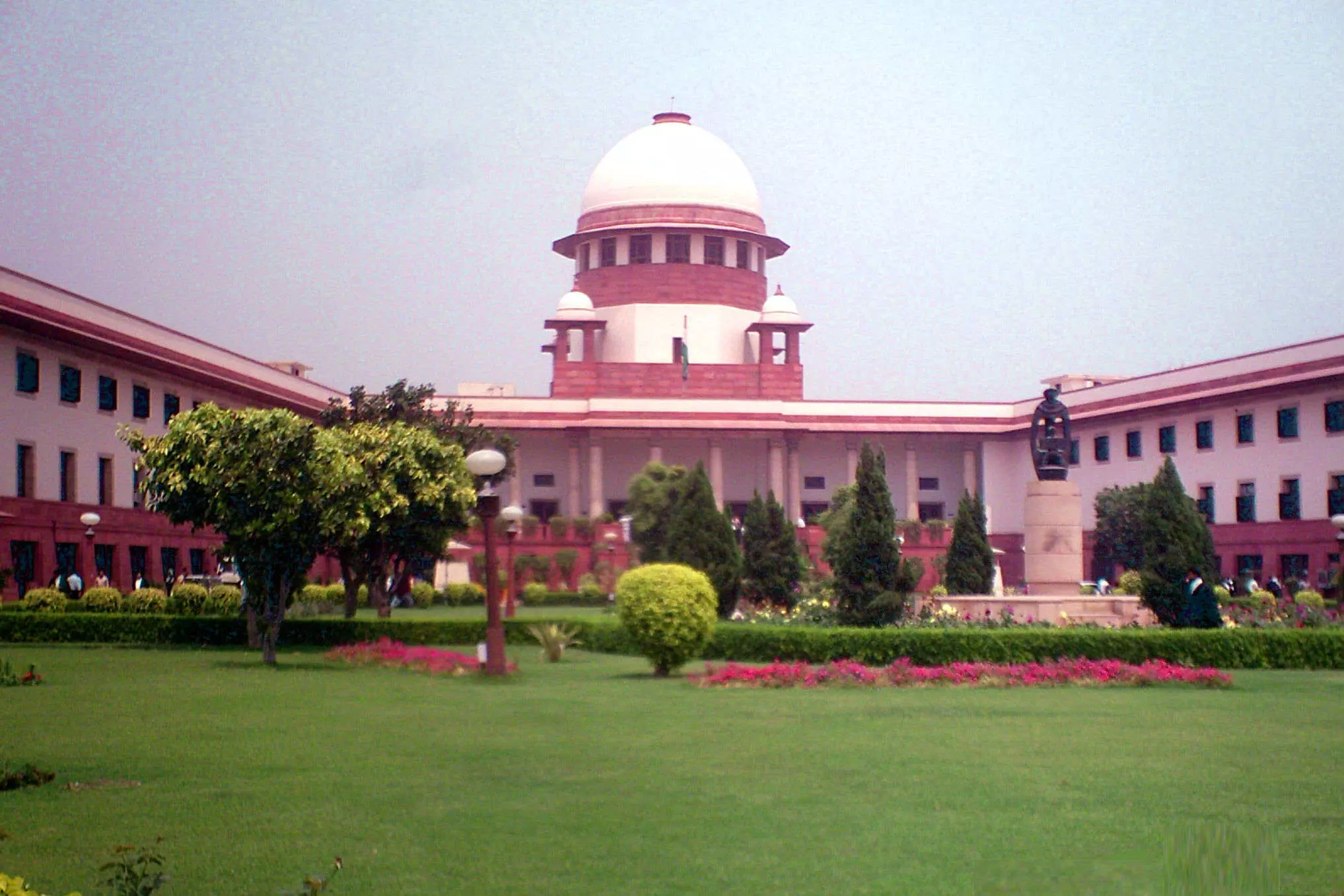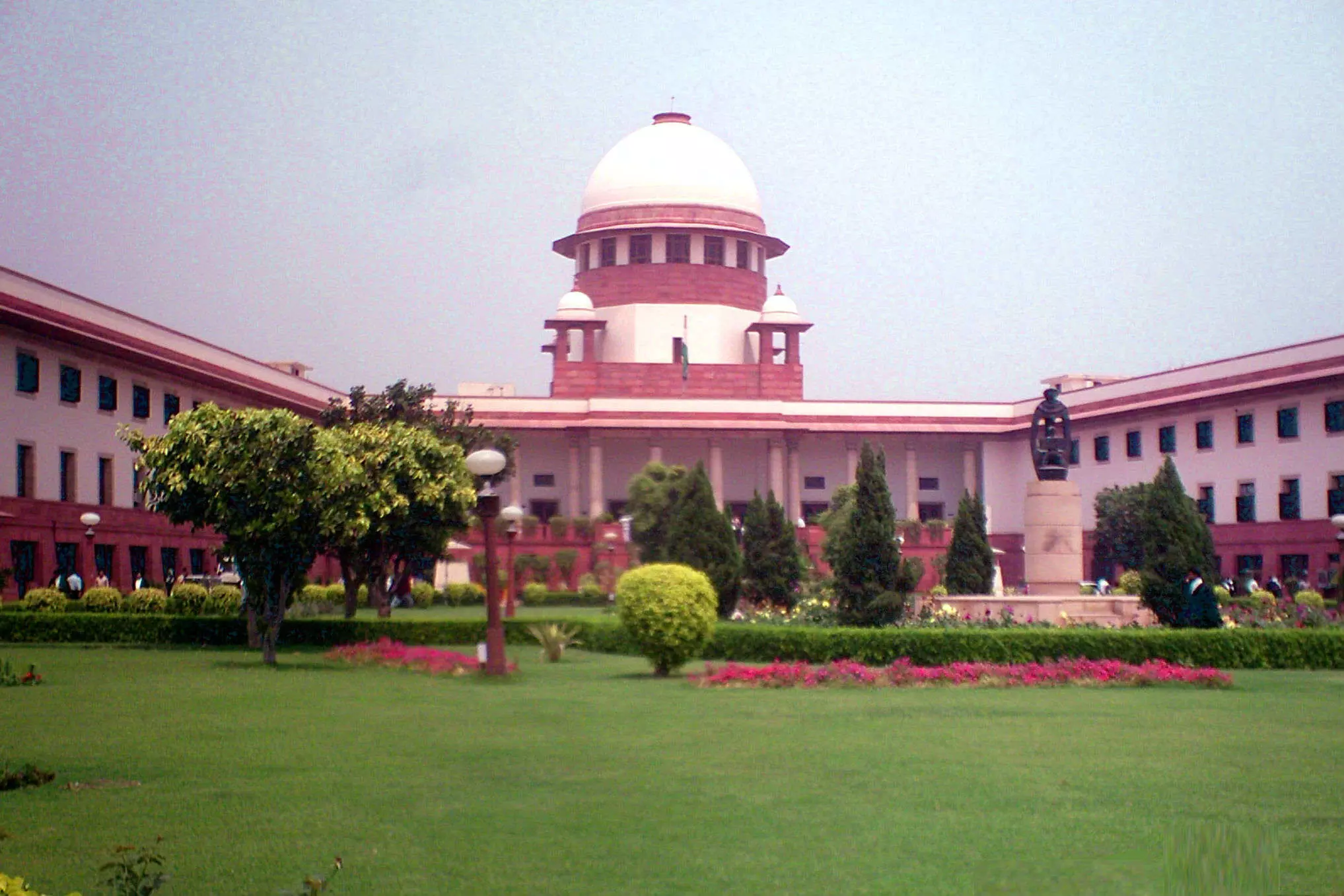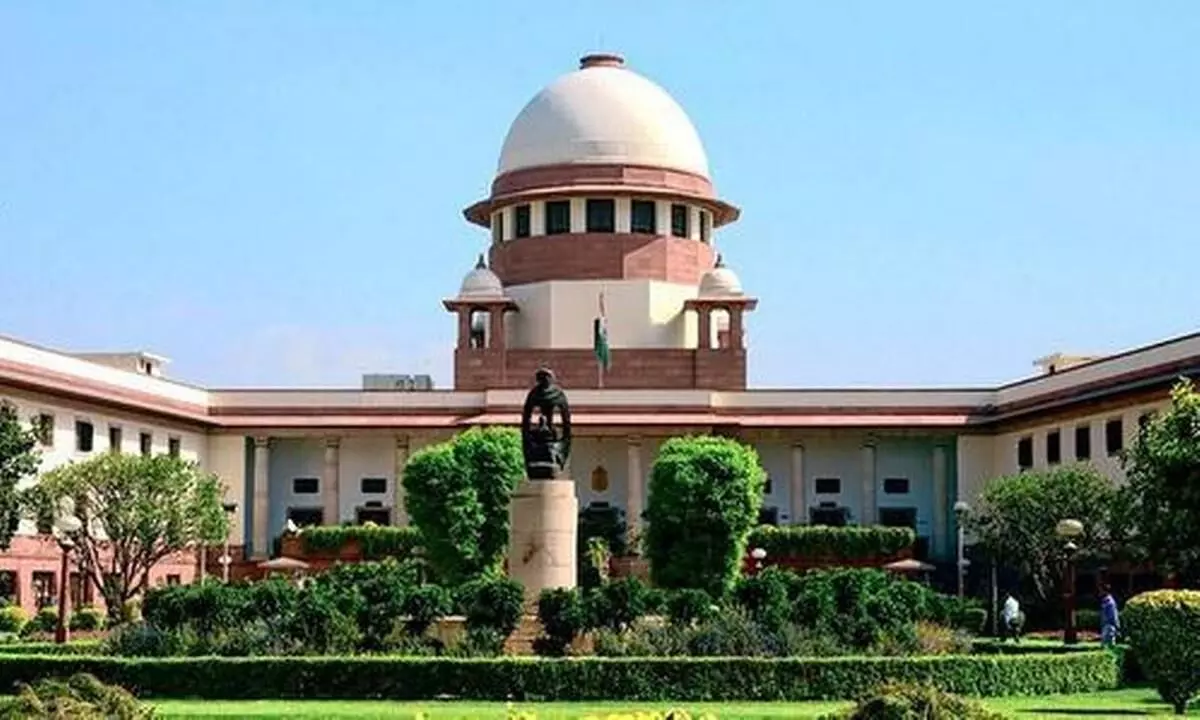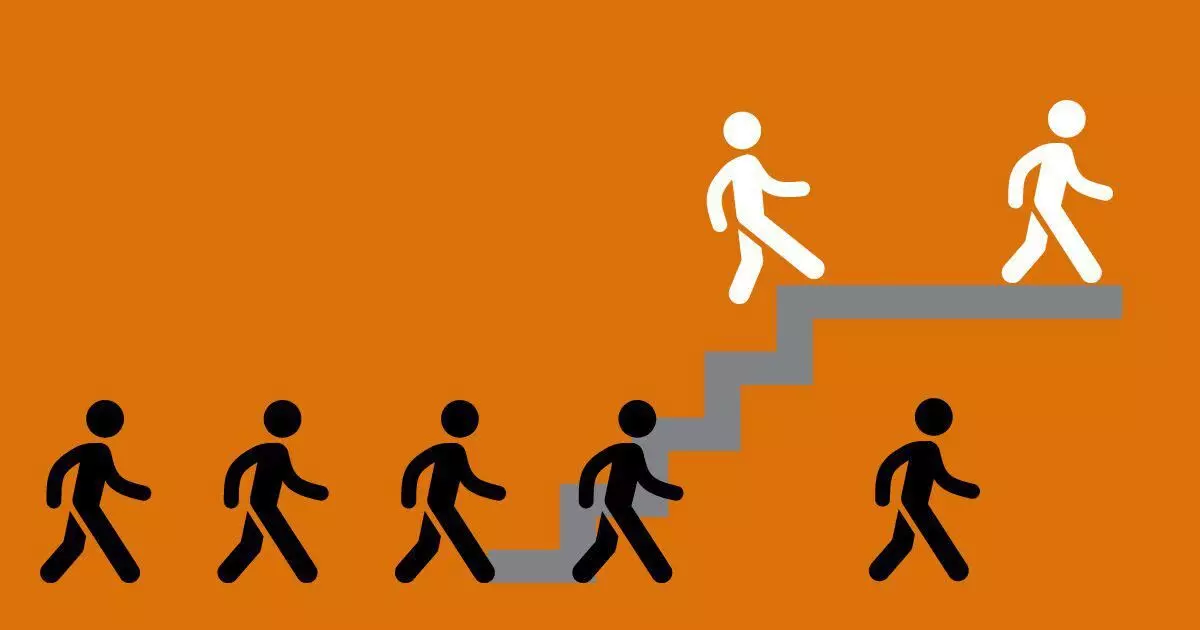
Two sides of SC verdict on reservation
text_fieldsReservation is a constitutional mechanism to bring into the mainstream the backward and those suffering from discrimination in the society and thereby ensure equality in the society. However, reservation debates are often held in the society not with the aim of upholding the Constitution and the principles of reservation; on the contrary, those discussions gain public attention and media support when anti-reservation ideas and struggles emerge in various forms. It is for the same reason that narratives of a backward person with low marks getting a seat for higher education and a government job and conversely a forward caste candidate getting eliminated from the list, often forms the stuff of mainstream literature and cinema. The country's Supreme Court has partially exposed this merit argument against reservation. It has given a point-by point reply to the anti-reservation camp in the judgment confirming the Centre's action of reserving 27 per cent of the 'NEET' all-India quota of undergraduate and postgraduate medical courses for the backward classes.
Last July, the Union Ministry of Health announced a 27 per cent OBC reservation. A few doctors approached the Supreme Court against this. One of the arguments of the petitioners was the above 'merit'. However, a bench of Justices DY Chandrachud and AS Bopanna observed that merit and reservation in the examination should be seen as two. The apex court rejected the petitioners' argument and allowed the Central notification after raising a crucial question as to how one can fully determine one's 'eligibility' for competitive examinations which do not reflect social, economic and cultural aspects. In other words, the Supreme Court has underlined the position of advocates of reservation that the eligibility criteria cannot be measured solely on the basis of the marks obtained in the competition. The court also rejected the argument that the reservation should be denied to the entire section citing the better living conditions of the creamy layer in a socially backward section. To some extent, the court has adequately dealt with some of the flawed arguments that the anti-reservationists have been raising for ages. In that sense, the judgement can certainly be seen as one that upholds the essence of the Constitution and by implication democratic values.
But there is another side to the verdict. It indirectly confirms economic reservation. It is no coincidence that when referring to 'eligibility', all references in the judgment include 'economic' criteria along with social and cultural factors. It is a fundamentally irrational approach to classify the economically backward as deserving reservation like those sections who lag behind owing to social and caste reasons. It is contrary to the reservation concept envisioned in the Constitution too. However, it was diluting this principle that a law was passed in Parliament in January 2019 to implement economic reservation in the country. That bill allowed 10 per cent reservation in education and employment for the Economically Weaker Sections among the forward class. It was a piece of legislation based on a specious narrative that forward caste candidates were getting sidelined. In other words, what happened through that law was a sabotage of reservation. The court unfortunately has also upheld this reservation for the upper castes in this judgment. The paradox of dismissing the merit theory on the one hand and ratifying 'upper caste reservation' on the other cannot be lost sight of; it has to be viewed as a major shortcoming of this judgment. Perhaps this verdict with its 'upper caste reservation' concept will also result in jeopardising the legal struggle of democratic forces for backward communities' reservation. In that perspective, one cannot blame those who may infer that the court allowed reservation for OBCs in order to secure ten per cent for the forward castes.







